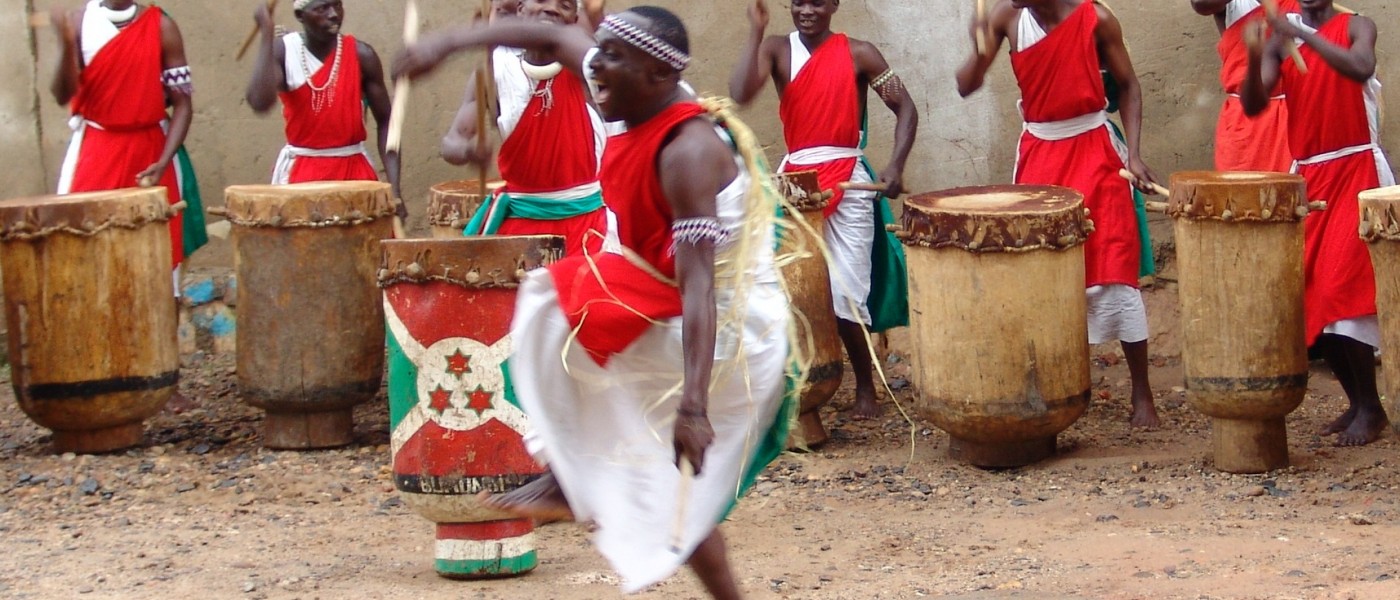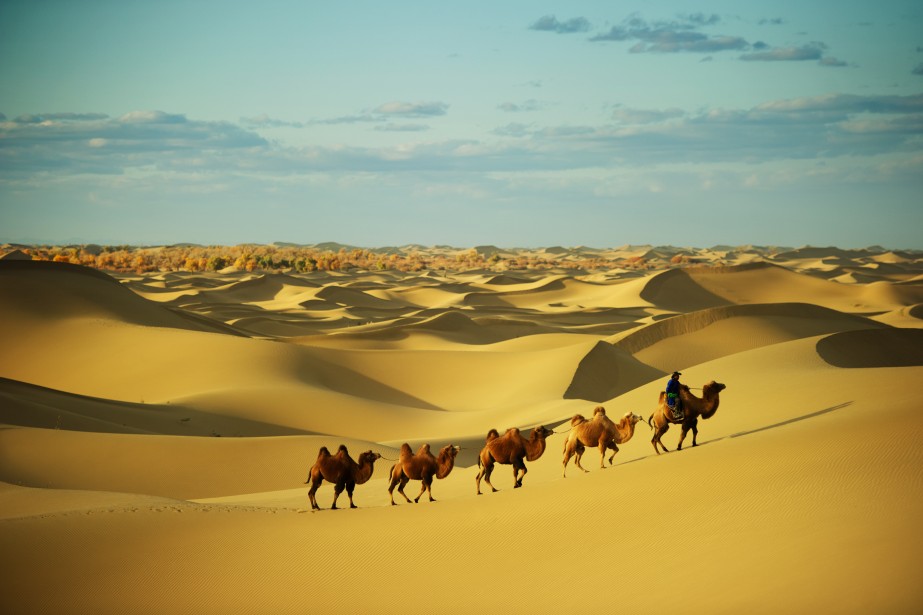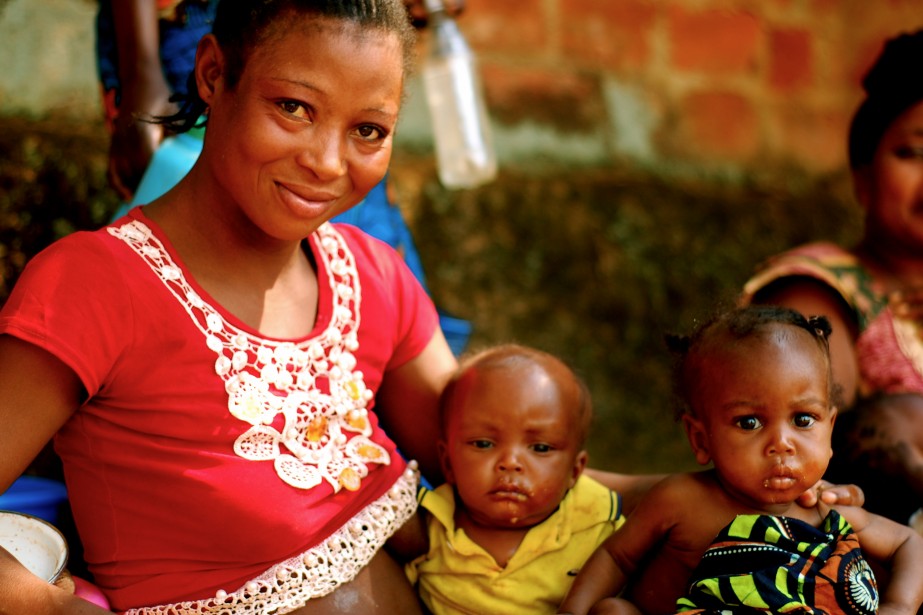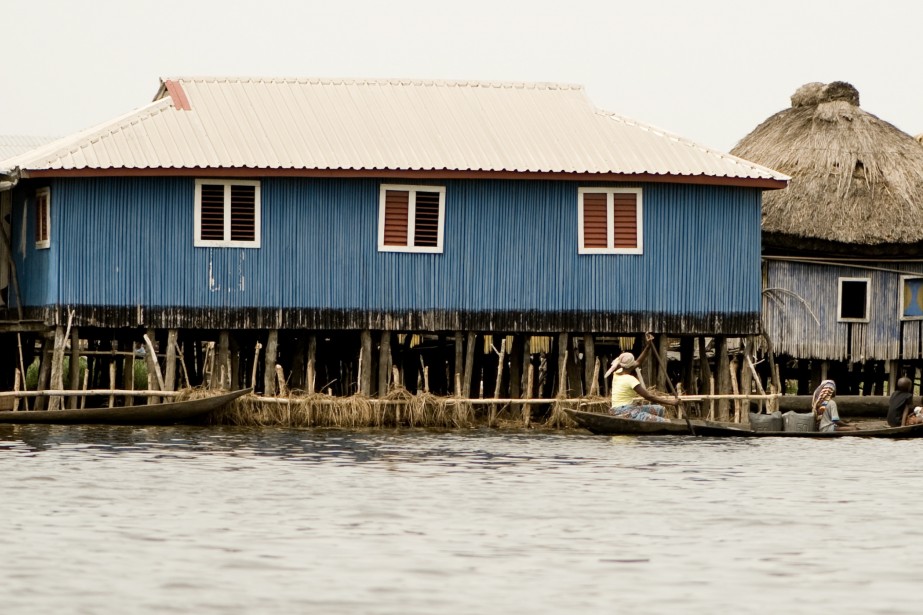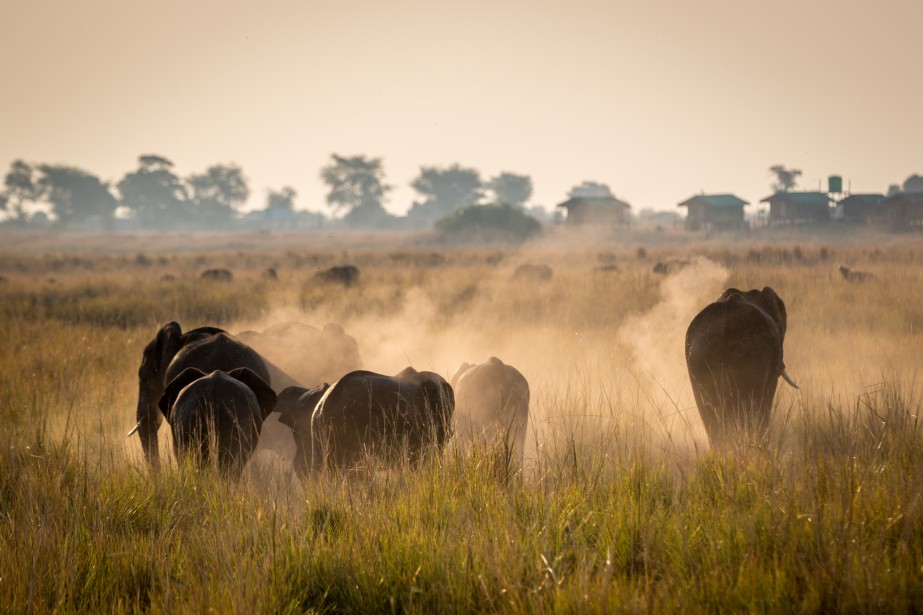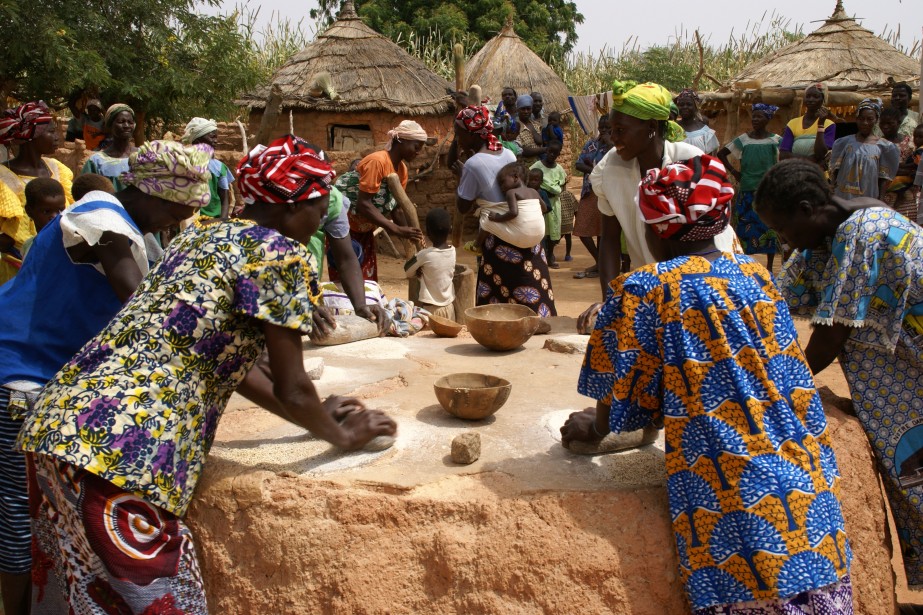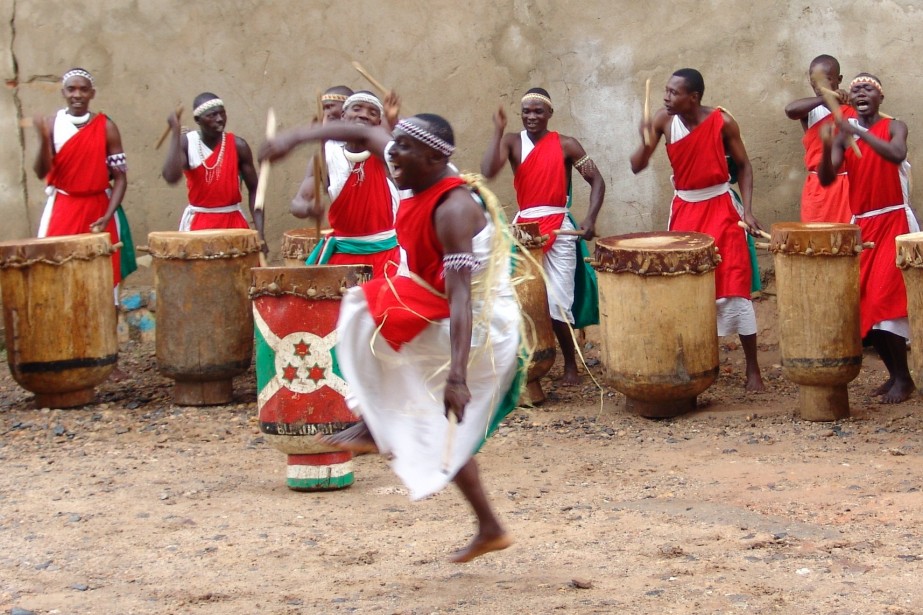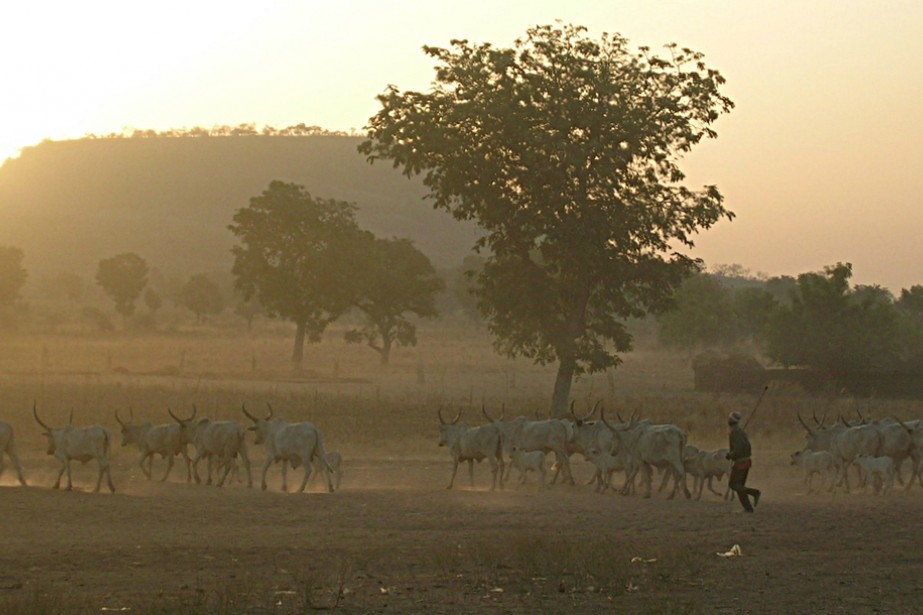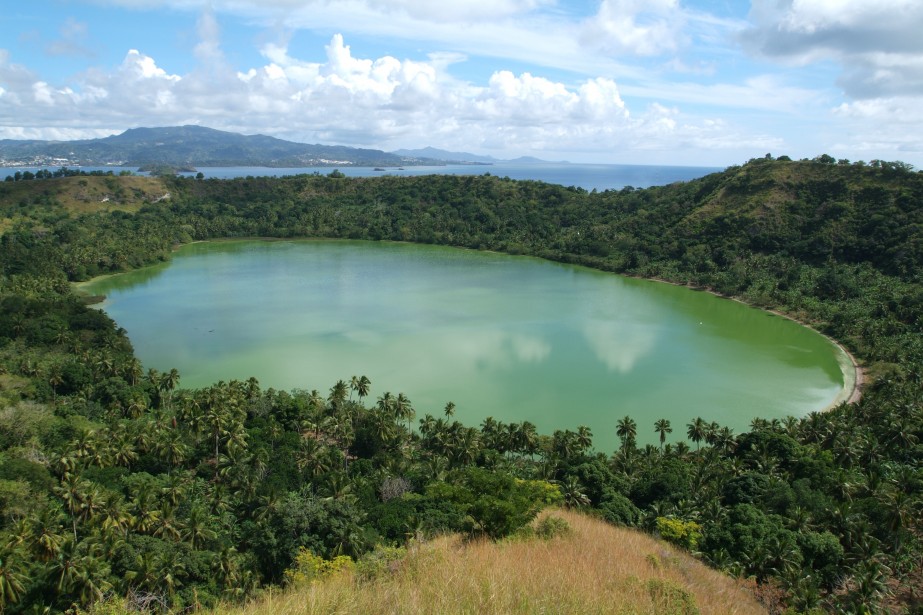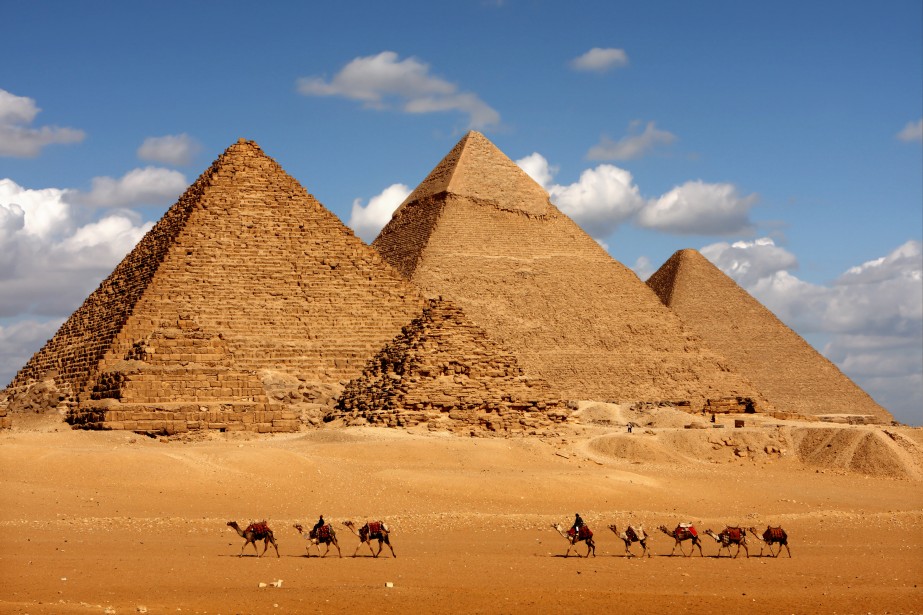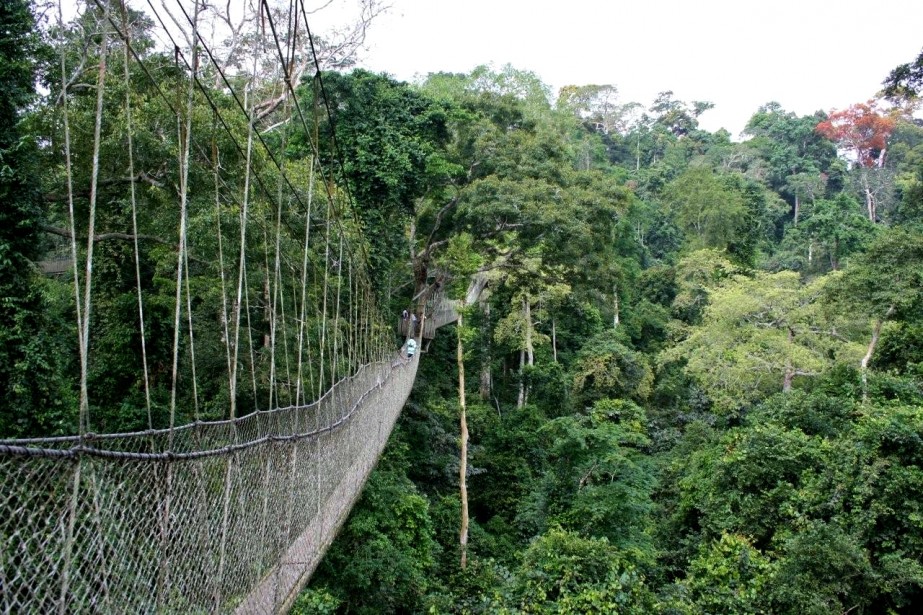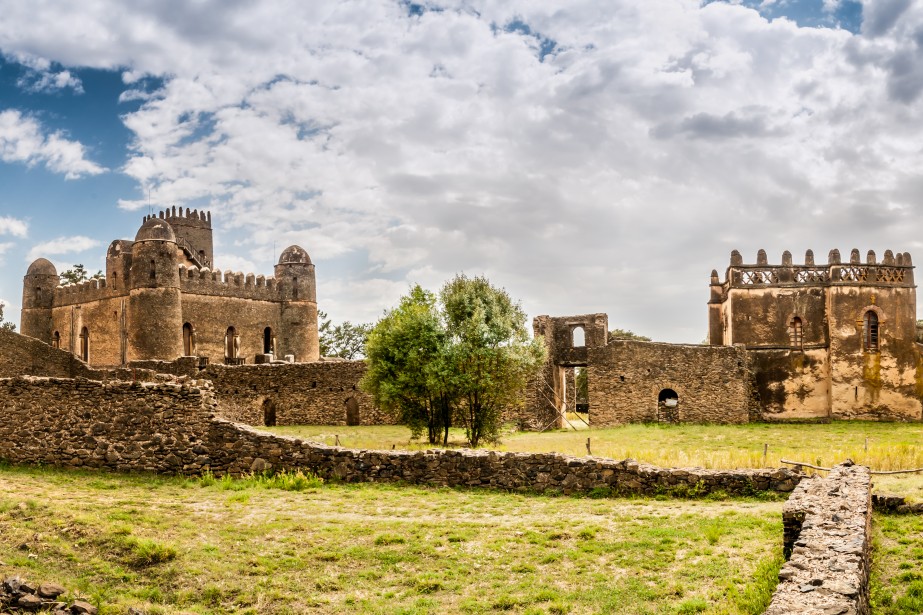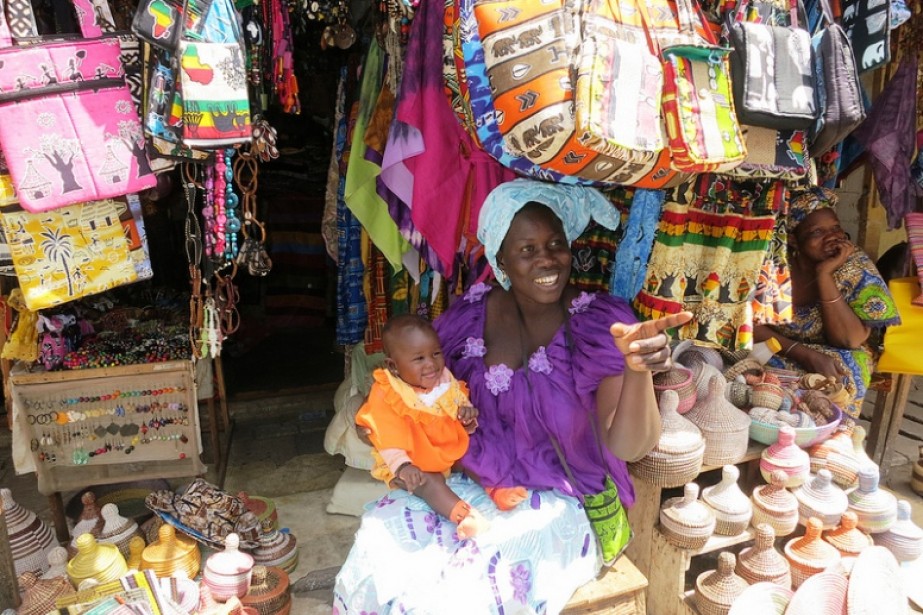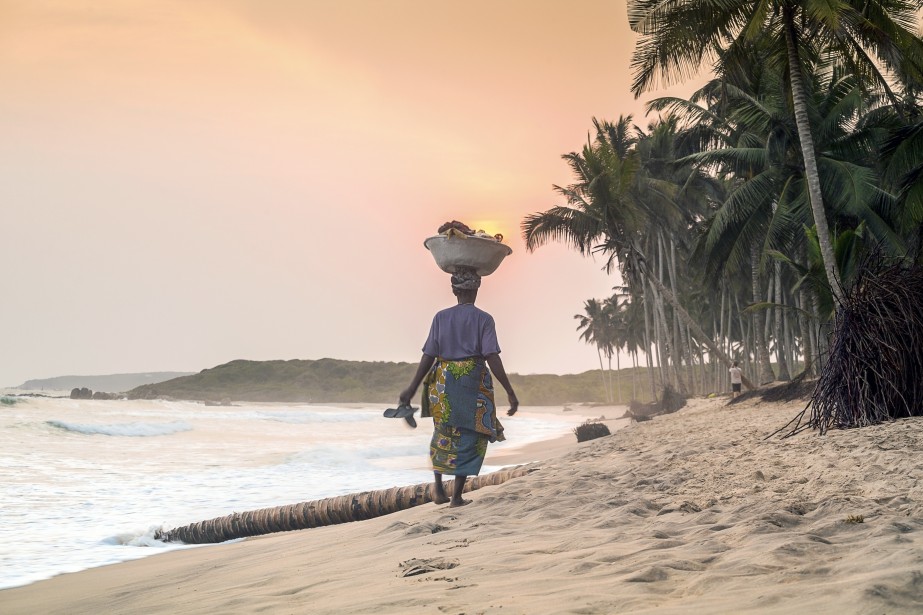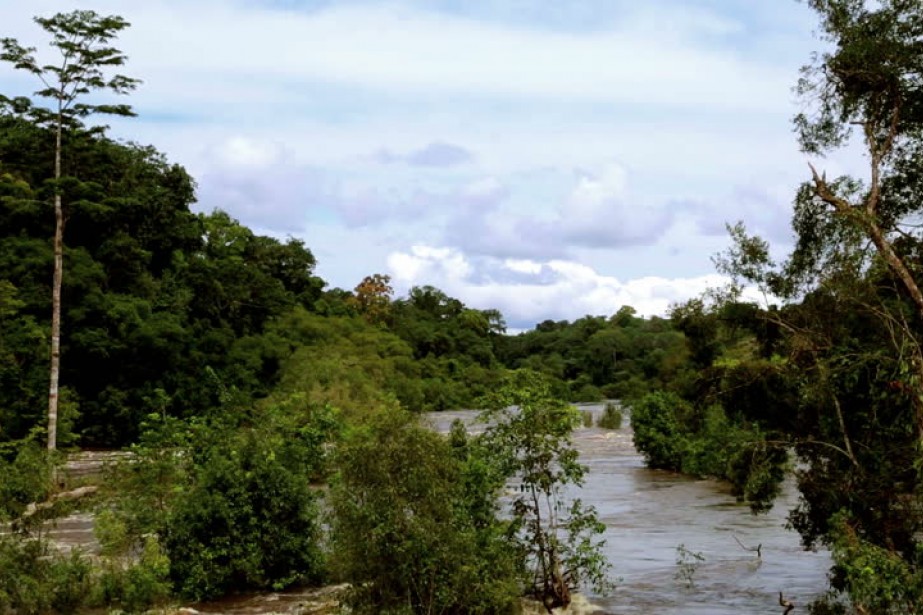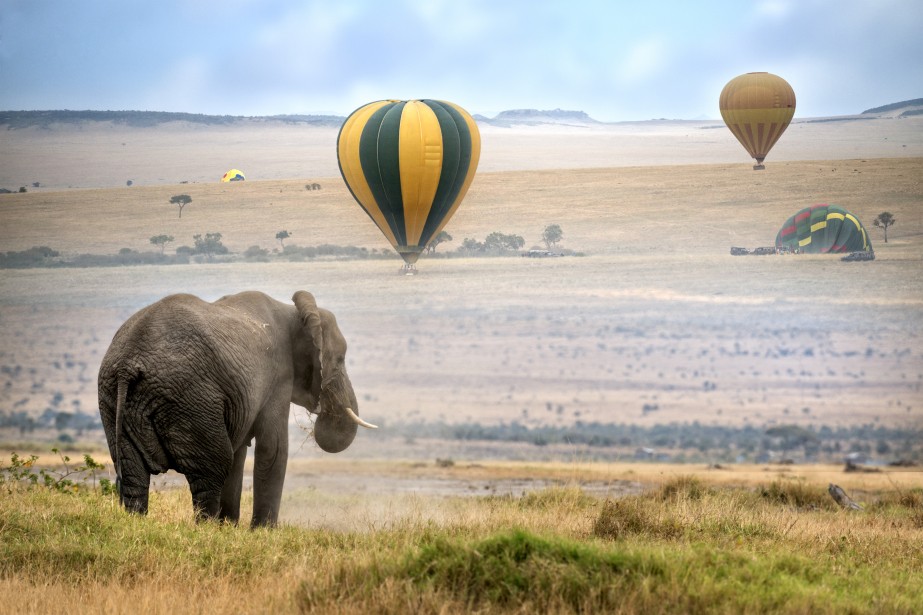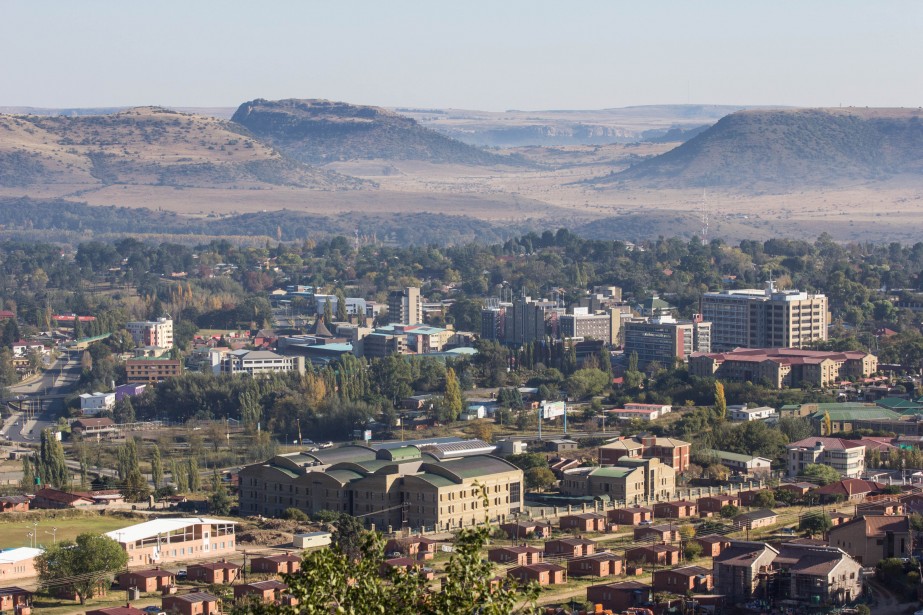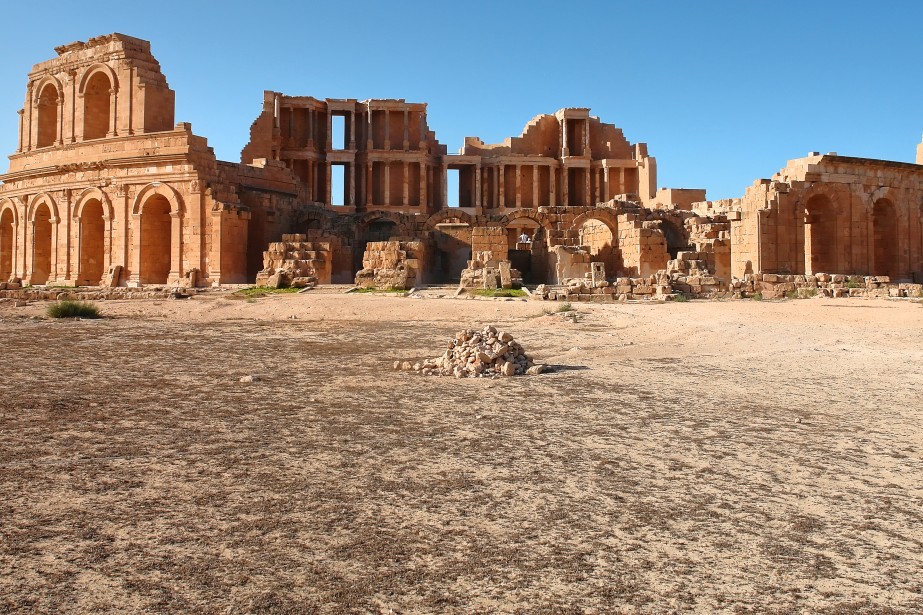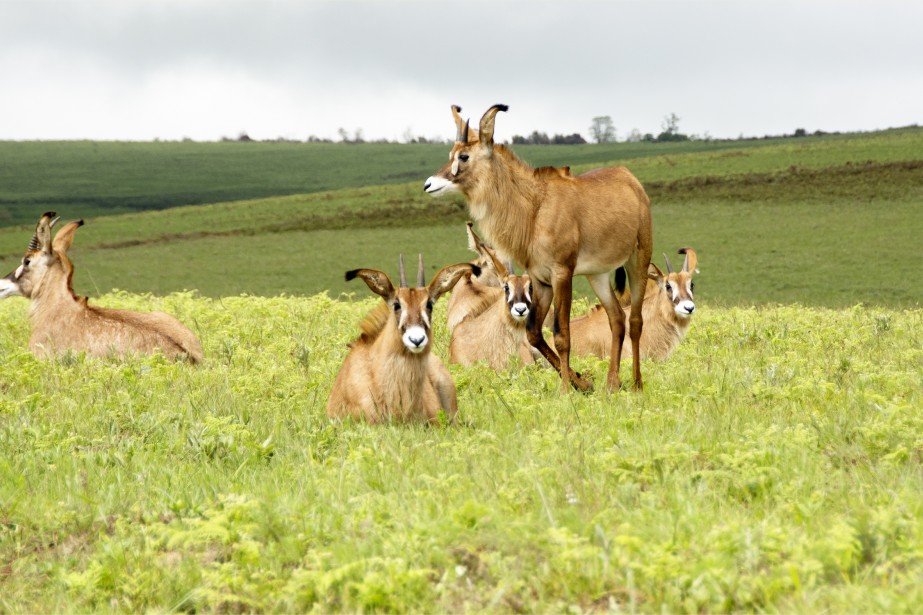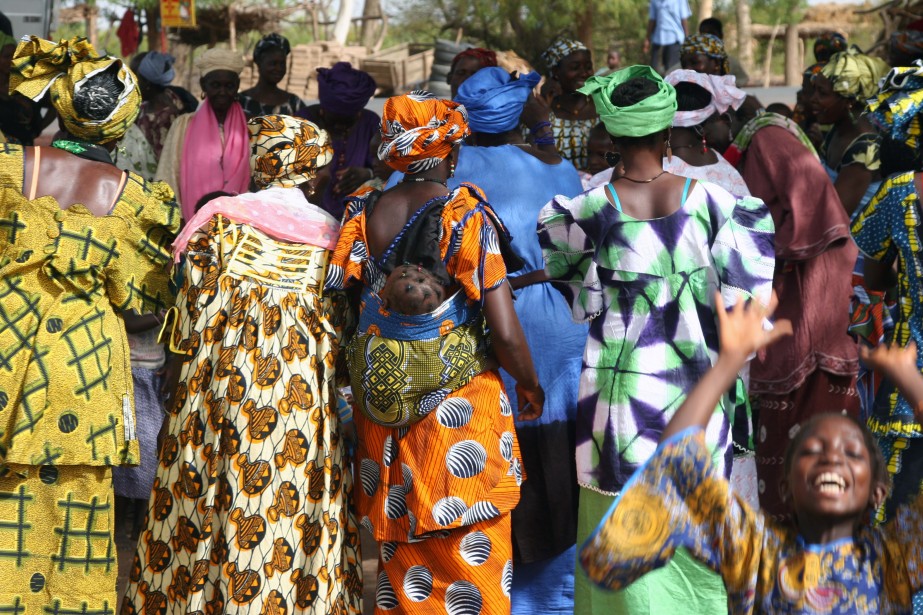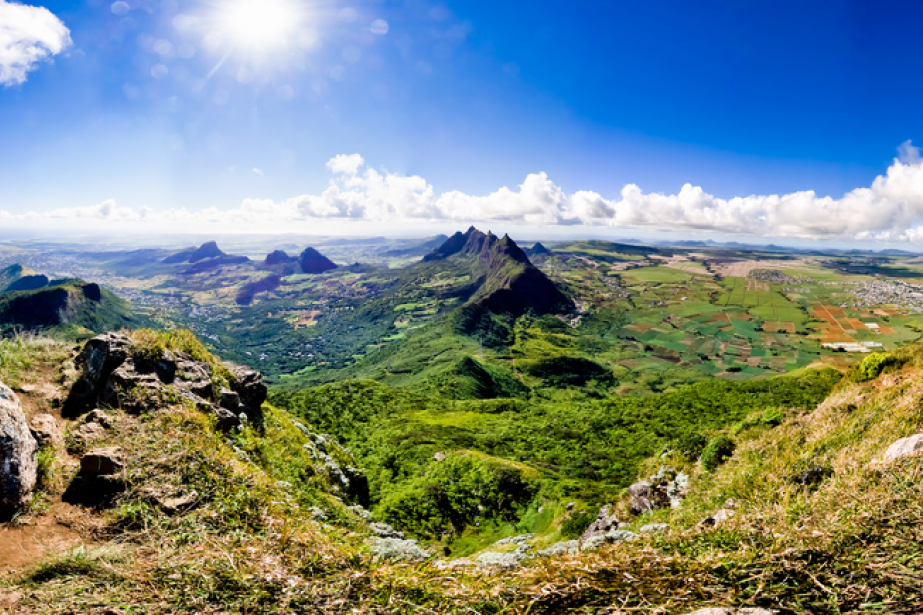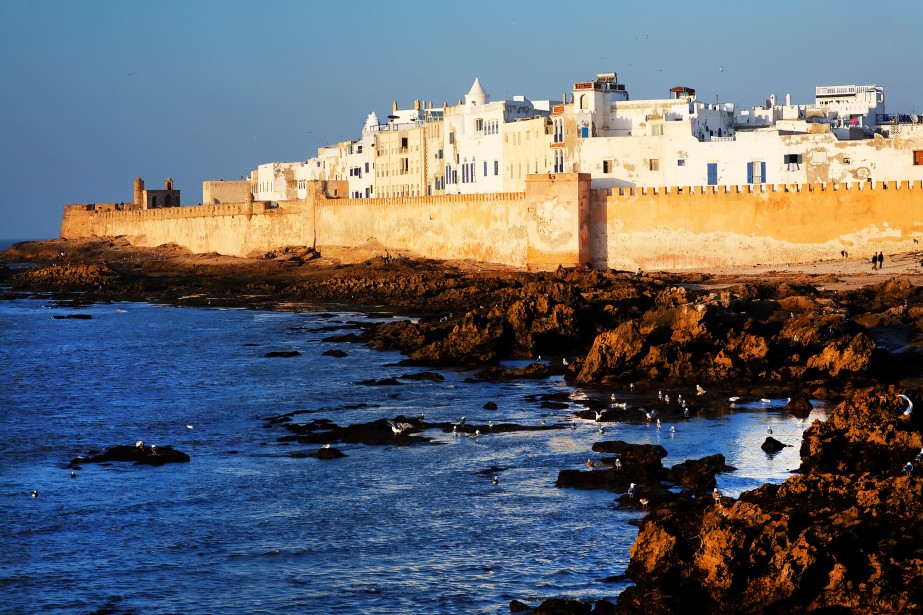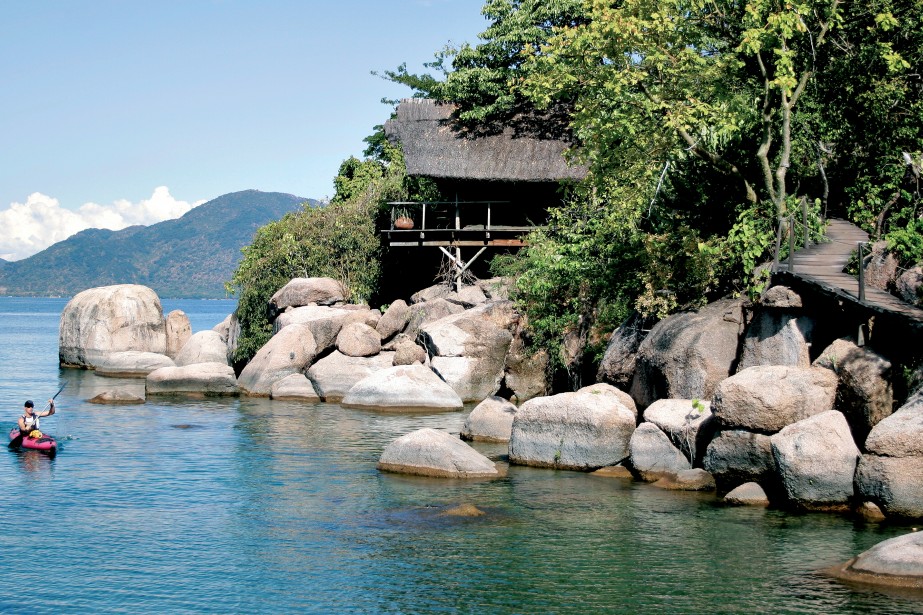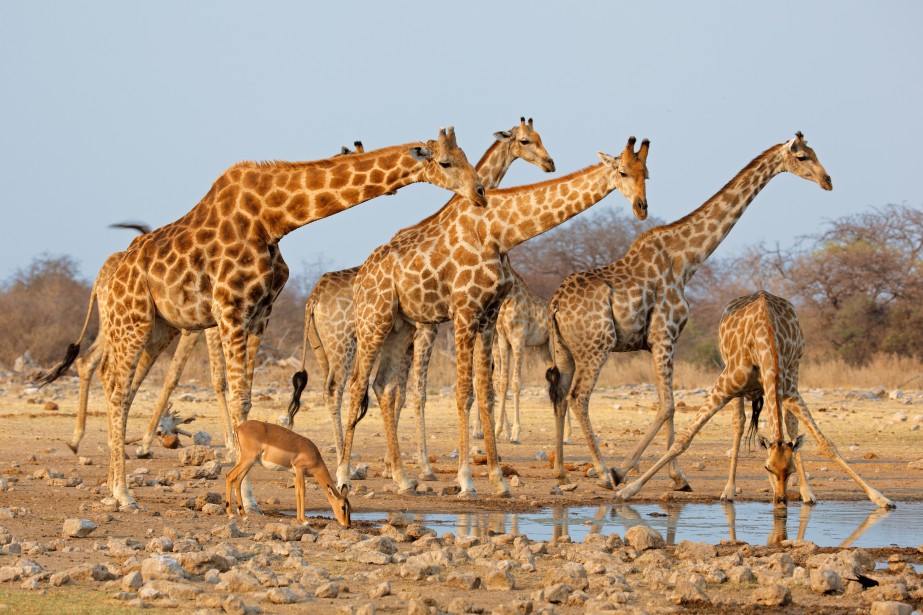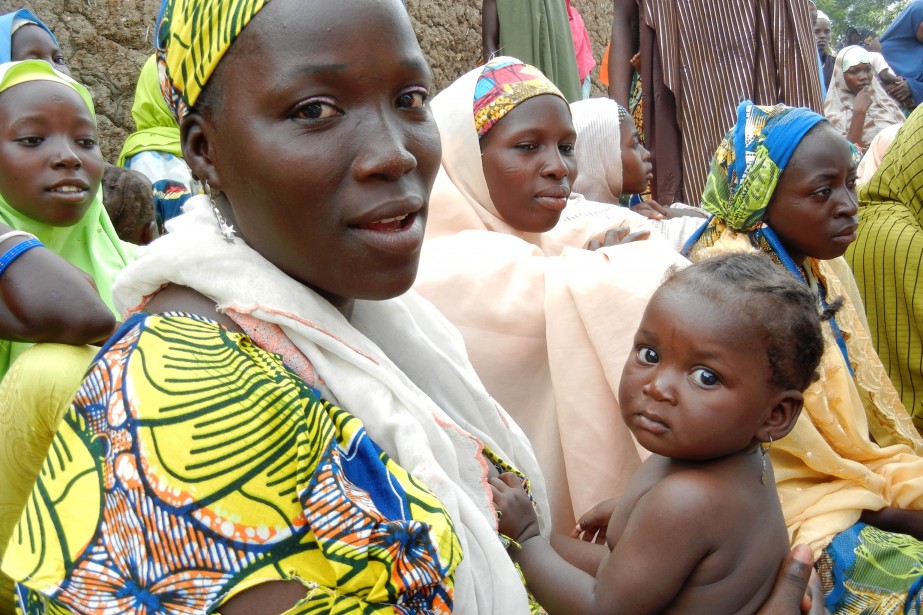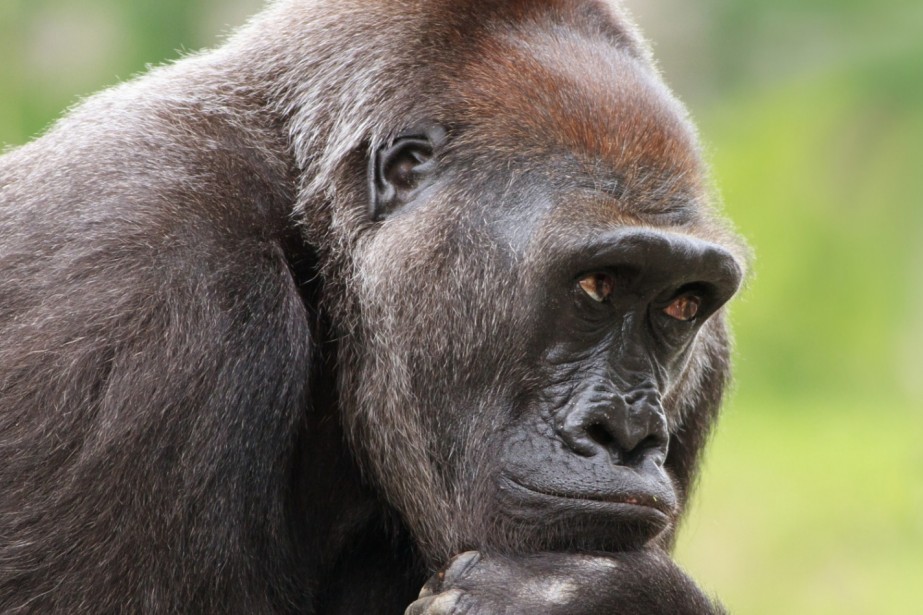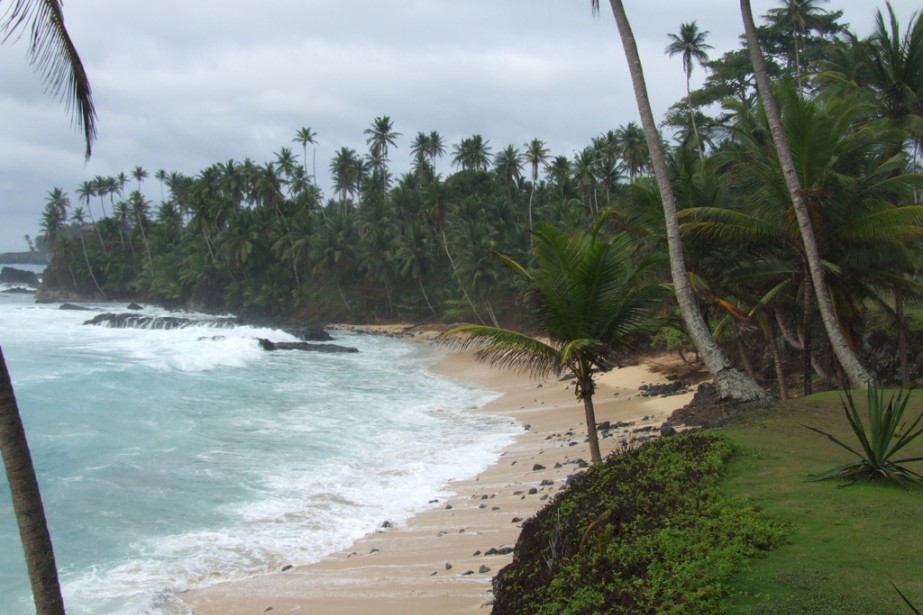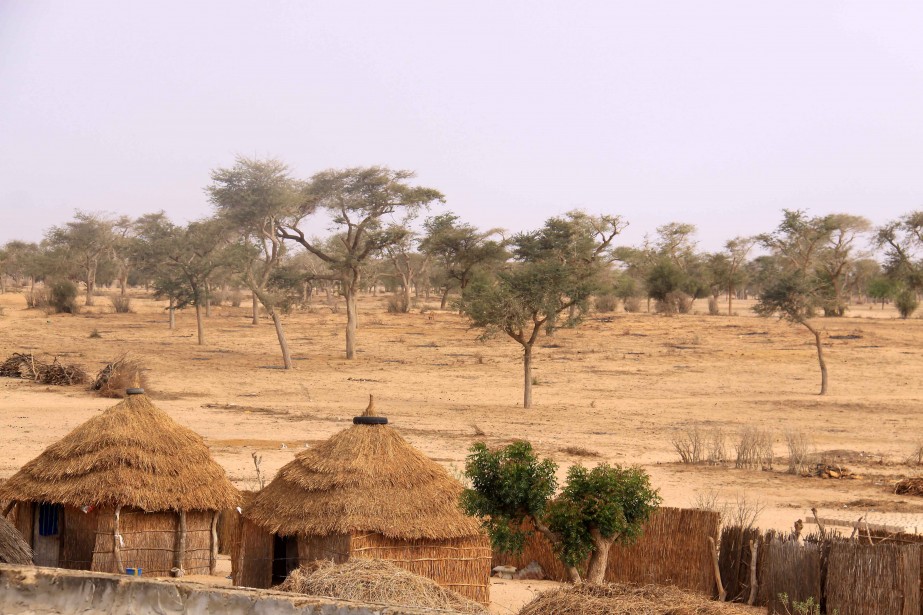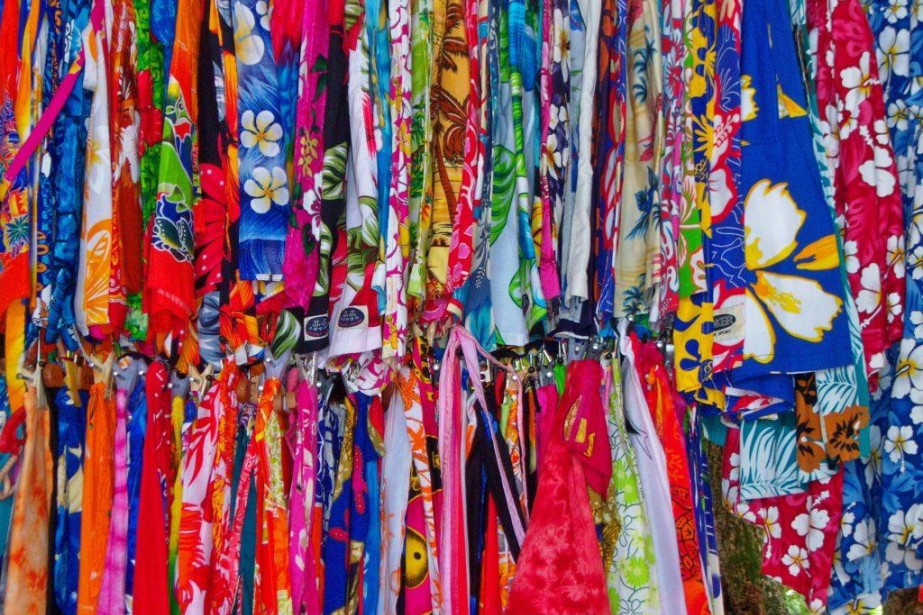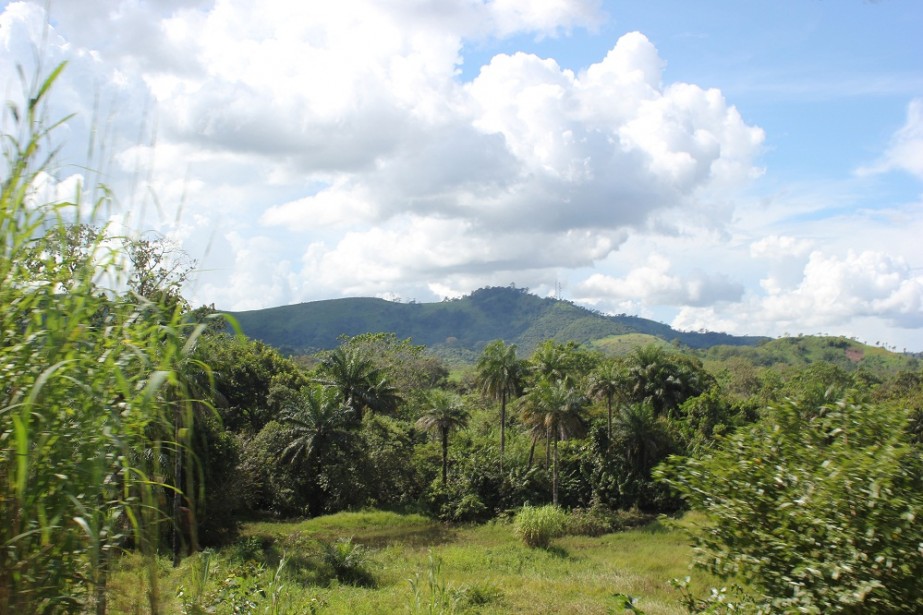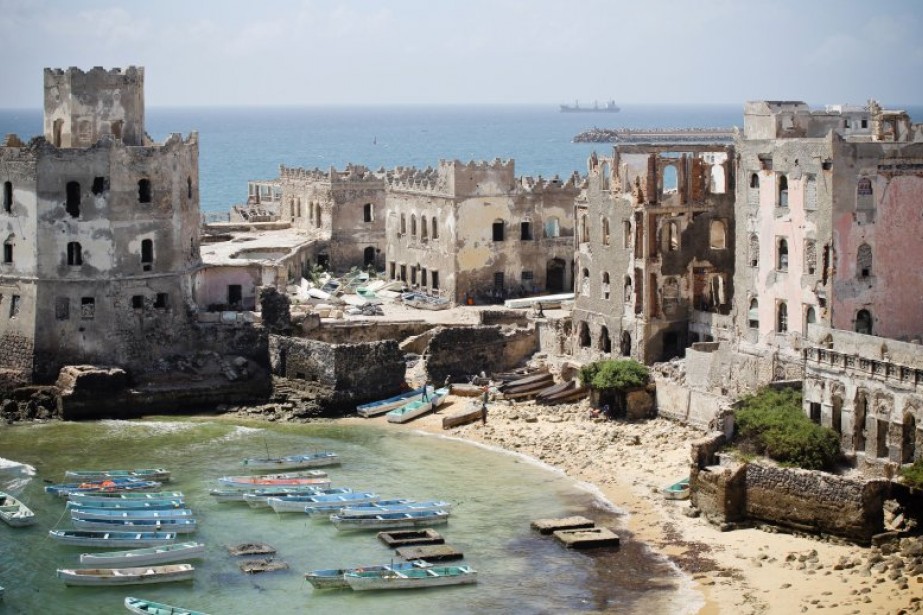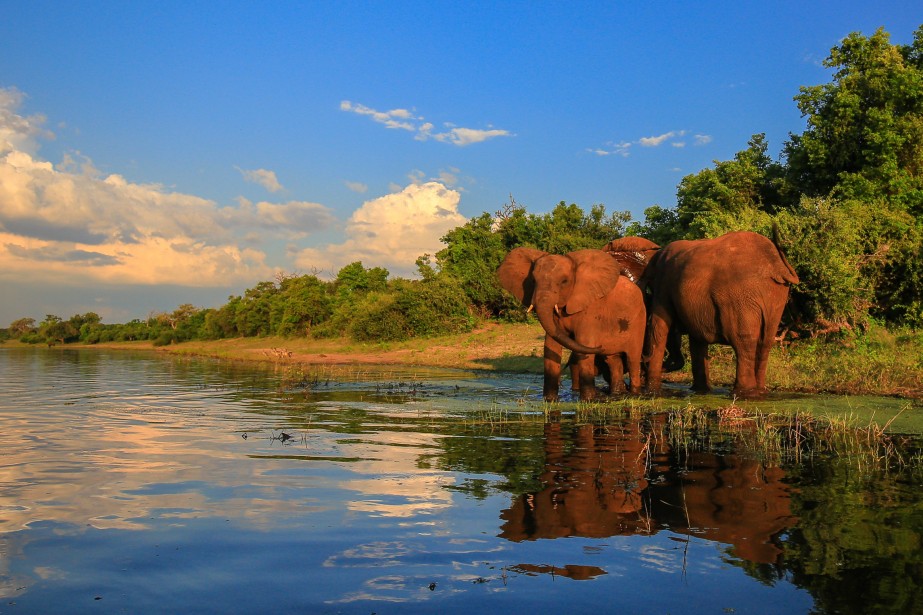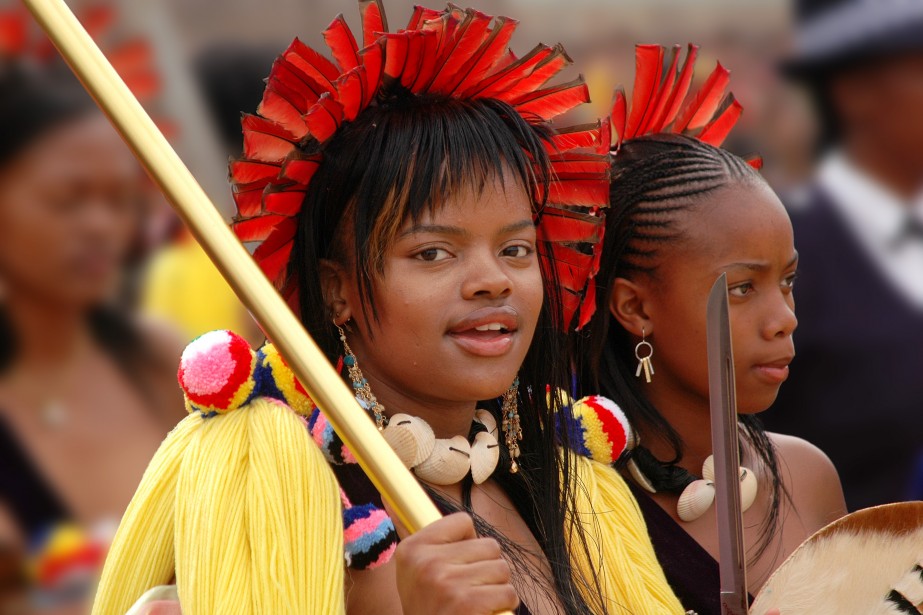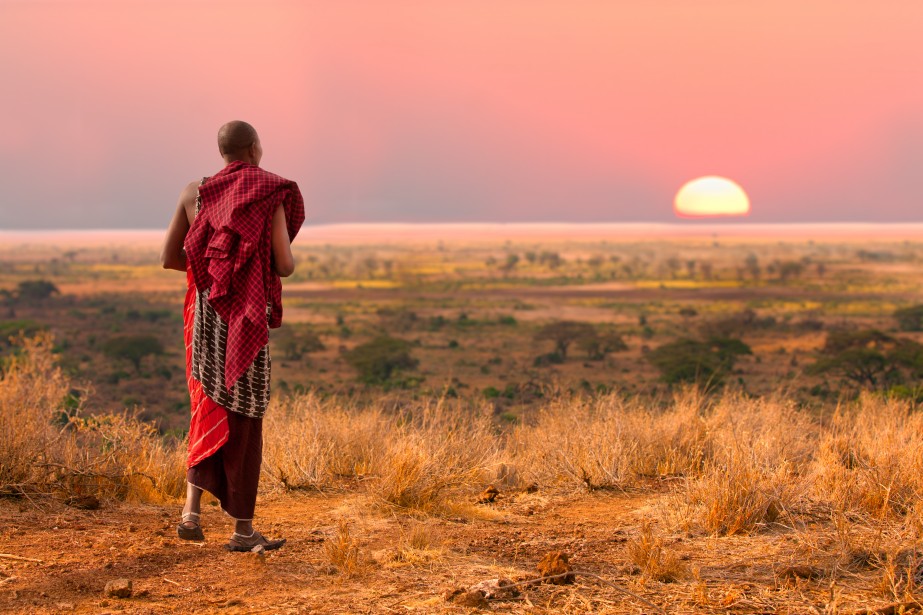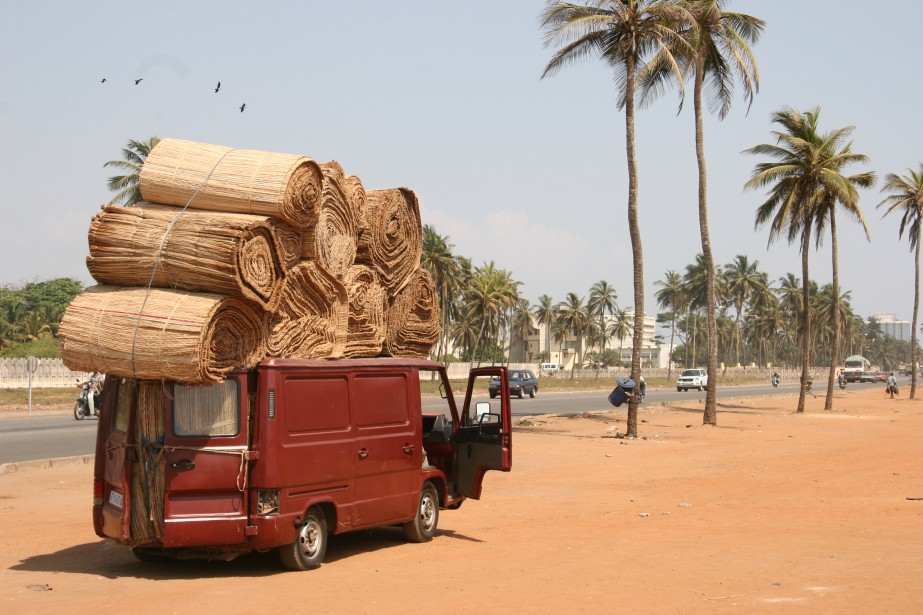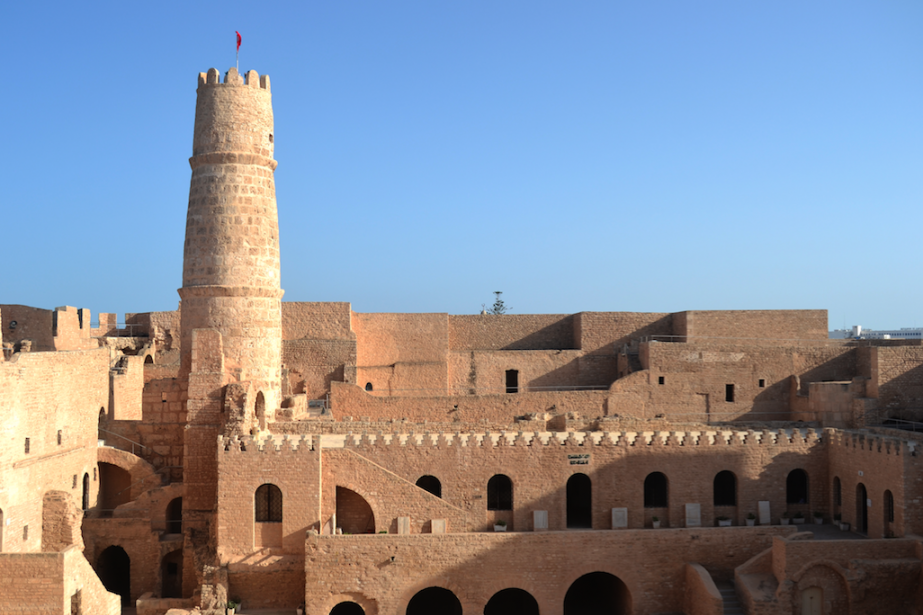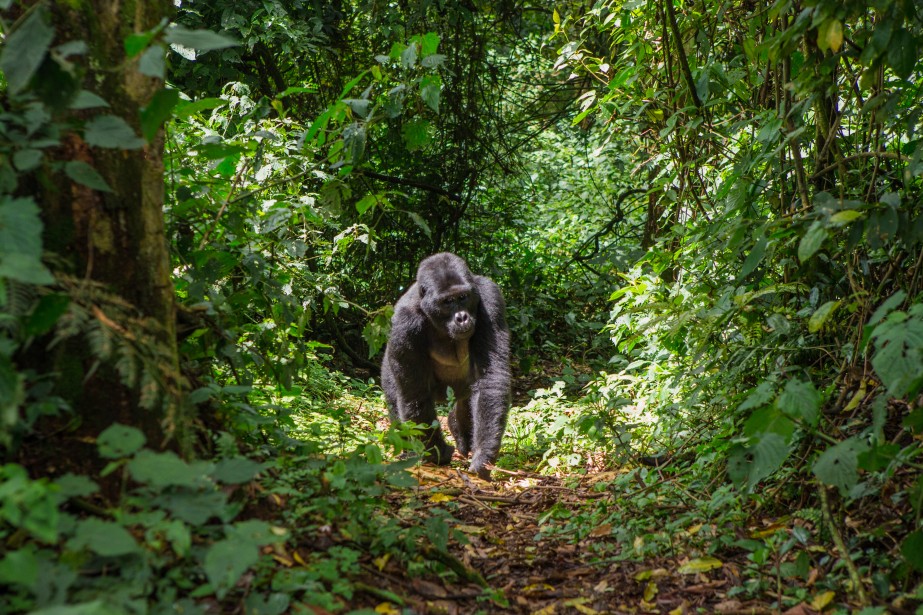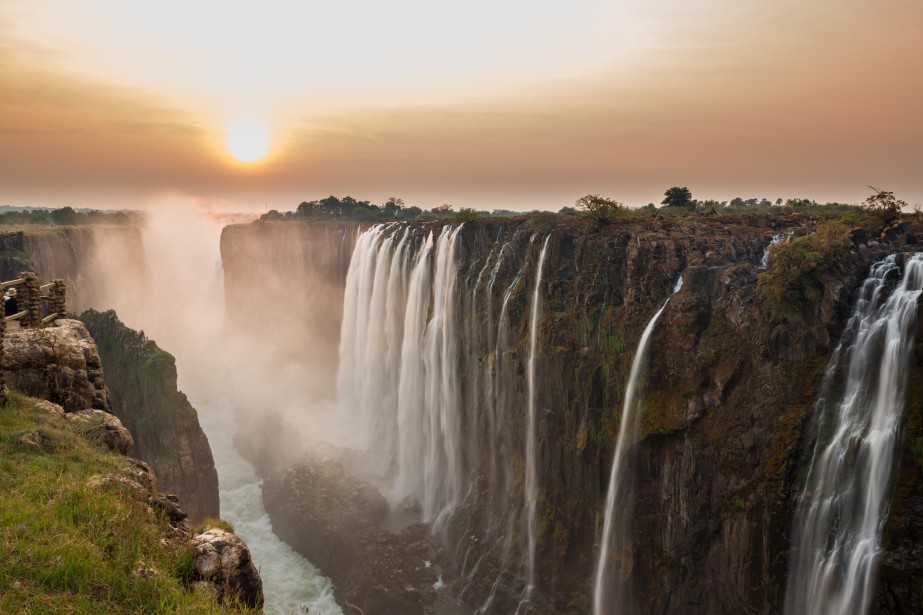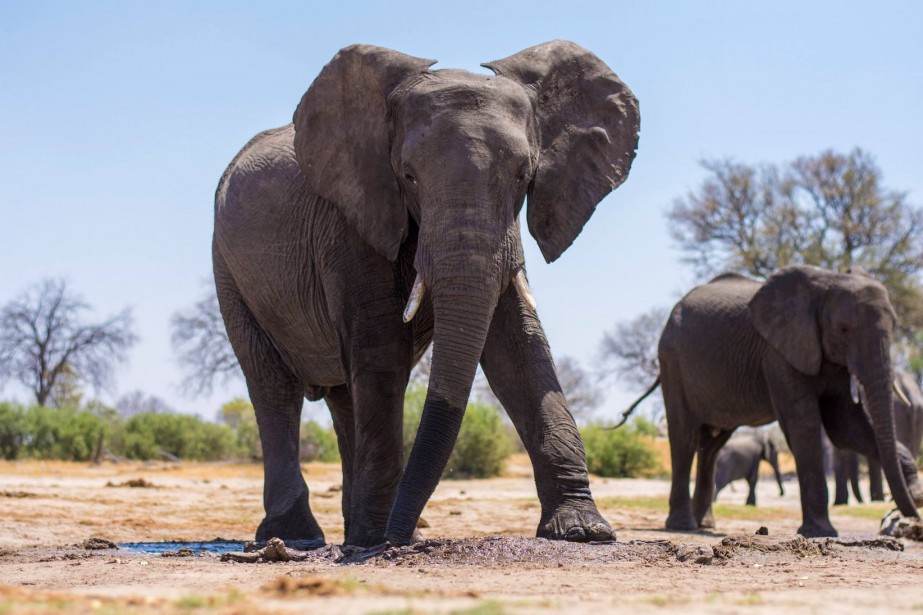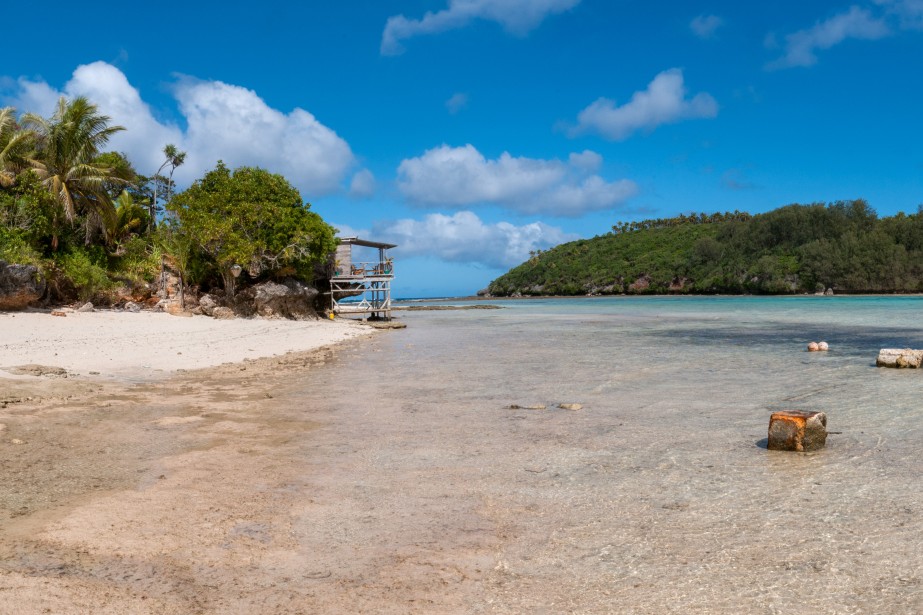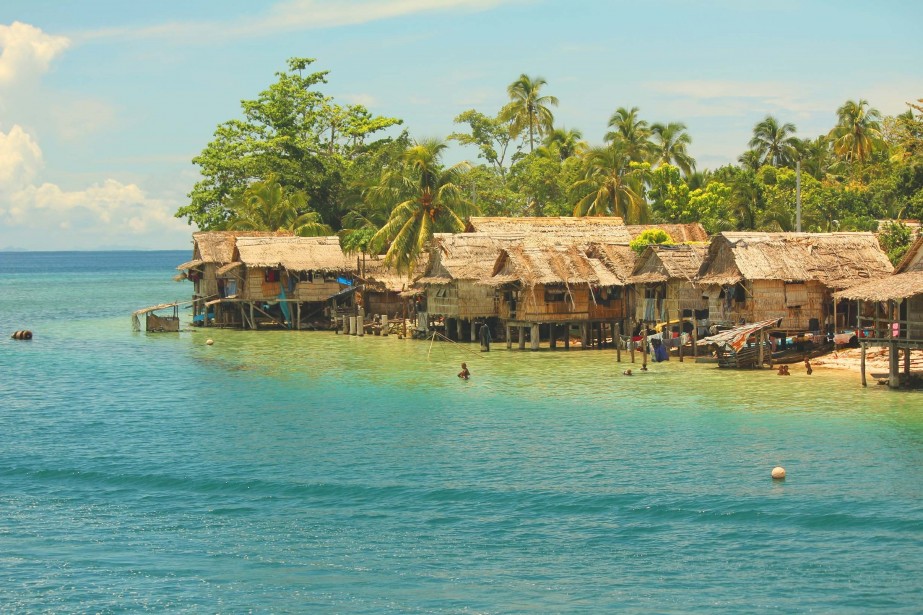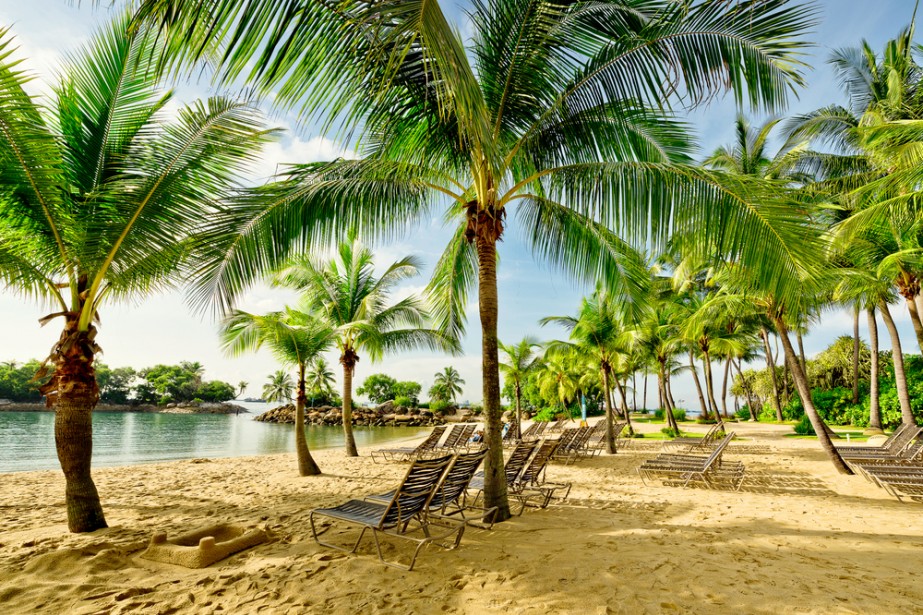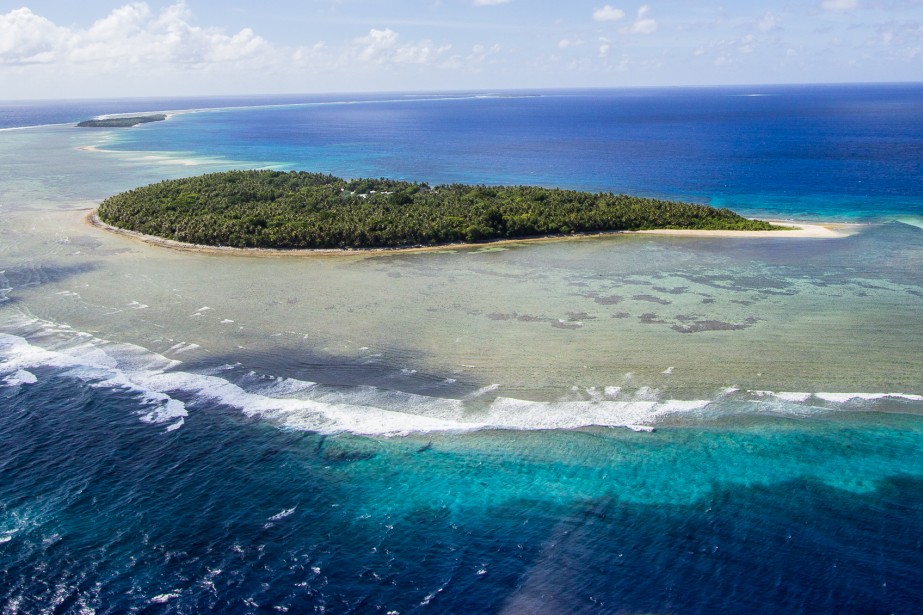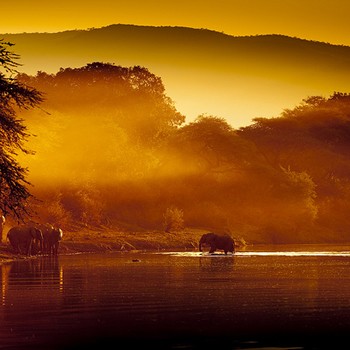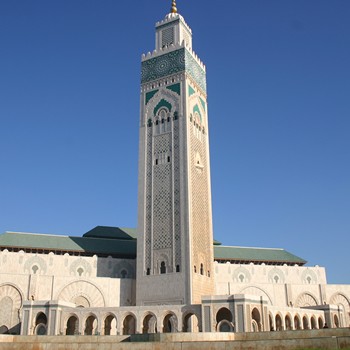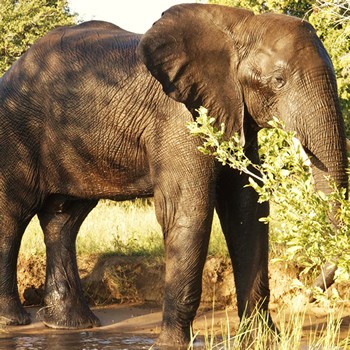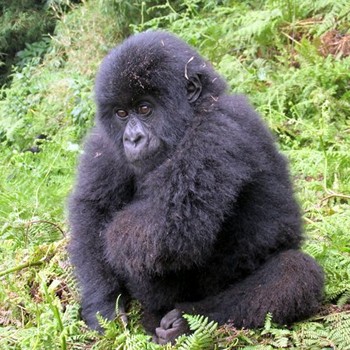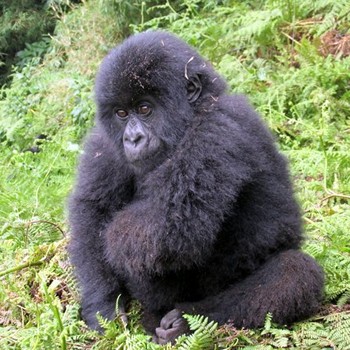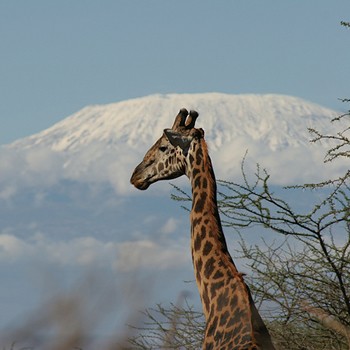Submitted by Cathie Johnson on December 12, 2015
Overview
The Republic of Burundi holds Rawanda to the north border, the Democratic Republic of Congo when looking west, and Tanzania on the eastern and southern borders. Located in the African Great Lakes region, with Lake Tanganyika running alongside the western side of the country, Burundi contains breathtaking inland beaches not far from the buzzing energy of the country’s capital city of Bujumbura. The majority of the country’s citizens live in rural areas, their villages of grass and mud huts dotting the hills and mountains. With dramatic mountainous vistas and wildlife emerging from behind lush green landscapes, Burundi is a country whose beauty has been overshadowed by its complex and often dangerous history.
Due to the political and social unrest that Burundi has witnessed in the recent years, there are often travel warnings issued by the US State Department warning U.S. citizens against traveling to Burundi. Only essential travel is allowed at the time. If travelers are lucky, the political climate will begin to stabilize and outside visitors will be able to explore the many beautiful gems the country has to offer. One day Burundi will hopefully be an untouched paradise for travelers to explore and appreciate.
WHEN TO TRAVEL – WEATHER
Burundi is known for being warm all year round. There is very little variation in temperature, no matter when one might visit Burundi. The temperature rarely rises above, or dips far below, 85 degrees Fahrenheit. However, the country does have two distinct seasons that fall on either side of the year. The rainy season for Burundi lands between November and April, while the dry season is seen between June and August.
Something to consider when visiting Burundi is the high level of winds one might encounter while spending time along Lake Tanganiyika. Since the capital city lies against the lake you will most likely find yourself in windy weather at one time or another.
When packing for a visit to Burundi be sure to check whether you will be there during the rainy season or during the dry season. This will influence what you should bring with you as far as clothing goes. For the rainy season be sure to pack adequate waterproof gear that can accommodate the levels of moisture you will encounter. If visiting during the dry season it’s important to bring lightweight cotton articles of clothing to help yourself stay cool. Evenings can drop a bit in temperature and you will want to be sure and pack some warmer pieces of clothing.
BURUNDI CUISINE AND DRINKS
When thinking of the Burundi food traditions it’s important to think close to home. Local. In-season. Burundi cuisine is often very much influenced by what a family is able to grow themselves, find locally, or store within homemade vessels. Many people across Burundi partake in agriculture of some kind, with corn, beans, and tea being vastly popular farming options. It’s not uncommon for meals to be prepared over open fires with meticulous attention paid to the amount of ingredients and flavors added to the dishes.
Carbohydrates make up of a lot of the Burundi cuisine you might find in everyday life. From corn to cassava, to sweet potatoes the people of Burundi rely heavily on these diet staples to fill their plates every day. Beans, particularly red kidney beans, are a widely popular staple in Burundi cuisine and it’s rare to find a household that doesn’t incorporate beans into meals in one way or another. Maize is also commonly used in daily meals,
Banana and plantain are also seen as a frequent staple, often enjoyed alongside the wildly popular red kidney bean. Flavored with red palm oil, onions and chili powder, this meal is a warm and hearty treat that is very much a comfort-style dish.
Meat is rare and fish pulled from the nearby lakes are often only enjoyed by people with the money to afford them.
If thirsty, you won’t have to look far for tea and coffee as they are both popular among the locals. In addition, a beer made from bananas (urwarwa) is another traditional beverage enjoyed in Burundi. This flavorful alcoholic beverage is often brewed locally and the degree of alcohol content can vary – enjoy cautiously!
POPULAR SITES OF BURUNDI
Bujumbura: The capital city of Burundi is a destination left virtually untouched by tourism.The city’s structure and sense of energy can easily be traced by to its connection to German and Belgian colonialism – with an emphasis on good food and a leisurely outlook on life. A bit sprawling with a small town feel, this electric city combines the density of a lived-in city with the tranquility of a beach town.
Rusizi Delta Nature Preserve: Located just north of Bujumbura, this reserve contains a variety of wildlife for visitors to see, from a verdant palm grove to a delta area. Visitors will be treated with the possible sighting of flamingos, hippopotami and extensive waterfowl. Catch a boat and enjoy the preserve from the waterway where you might catch a crocodile swimming by.
Stanley and Livingstone Rock: Though the exact location is up for debate, you can venture to a stone monument to the time missionaries Stanley and Livingstone met in the 1870s. The lush green hillsides that surround this humble stone will make the trip worth it as you soak up the rich history and significance of the spot.
Chutes de la Kagera: A collection of four spectacular waterfalls, these majestic natural wonders are located in Rutana A far drive from Bujumbura, these falls rest in the south eastern region of the country and are not the easiest destination to reach. Many visitors will gain transportation in the capital city of Bujumbura to reach the falls (about a two hour drive).
PRACTICAL INFO FOR BURUNDI
Visas
Visas are required for entry into Burundi, with one-month tourist visas being available at Burundian embassies in nearby countries. They are also available at the Bujumbura international airport and can be obtained upon arrival. If hoping to receive an extension on your visa you will need to do so at the Bureau de l’immigration. Bring with you your passport, a passport sized photo, a copy of your passport ID page, and cash.
Banks and Currency
The Burundi franc (BIF) is the currency used in Burundi. The currency comes in banknotes of 10, 20, 50, 100, 500, 1000, 2000, 5000 and 100000 bills. The coins often used come in denominations of 1 and 5.
Though Bujumbura does have ATMs available, they are not always reliable and should not be depended upon by visitors. In addition, credit cards and travellers’ cheques are also not widely accepted and should not be expected to prove helpful in the majority of situations. Instead, exchange cash into the local Burundi franc and securely carry the necessary amount of money you will need for your daily excursions. For safety, be sure to carry your cash in a travel belt or similar device to ensure you are doing everything possible to deter pick-pocketing.
Safety
Because of the political unease and systemic corruption seen in Burundi, normal law and structure is not to be relied upon. Officials have been known to be bribed and tourists should not visit Burundi unless on essential matters.
Regardless of when you plan to visit Burundi, be sure to check your countries travel advisories to see if any warnings have been put into place. It is important to stay conscious of any dangers to foreign visitors that may exist.
Small crimes are common against foreigners in Burundi, such as petty theft and pickpocketing. It’s essential that you remain conscious of where you are and what is going on around you at all times, especially during nightfall. Traveling outside the capital city of Bujumbura is especially dangerous, particularly when doing so after sunset.
http://travel.state.gov/content/passports/en/alertswarnings/burundi-travel-warning.html
http://www.tripadvisor.com/ShowUserReviews-g293771-d5324303-r248585635-Rusizi_National_Park-Bujumbura_Bujumbura_Mairie_Province.html
http://www.worldtravelguide.net/burundi/weather-climate-geography

